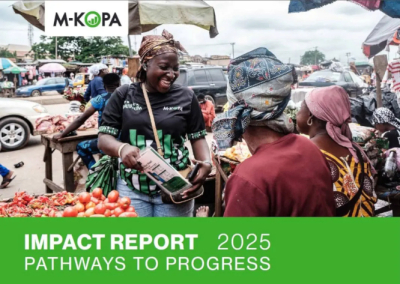The Bill will make Ghana more attractive to investors, foster stronger collaboration between innovators and policymakers, and build an enabling environment where young entrepreneurs can grow and succeed.
The Ministry of Communication, Digital Technology, and Innovations is inviting the public to take part in nationwide validation workshops on the country’s Draft Innovation and Start-Up Bill, it announced on September 25.
Developed in collaboration with private sector actors, the legislation seeks to create a legal and regulatory framework to support research, startups, and innovation enterprises. The bill is designed to promote entrepreneurship, strengthen Ghana’s innovation ecosystem, and position innovation as a key driver of economic growth and job creation.
Workshops will bring together government agencies, academia, research institutions, technology hubs, private sector players, and civil society. Members of the public are also encouraged to participate and share feedback.
The consultations come at a time when Ghana’s tech and start-up sector is gaining momentum. According to the global startup research platform StartupBlink, Ghana is home to 136 startups, representing 12% of all startups in West Africa—approximately one startup for every 100,000 people. The ecosystem grew 14% in the past year, ranking 81st globally in the 2025 Global Startup Ecosystem Index, up seven spots from 2024. Ghana now holds the 3rd position in Western Africa, trailing Cape Verde and ahead of Senegal.
Over the past decade, Ghana has attracted more than US$535.5 million in startup investment, accounting for 4.67% of Western Africa’s total. Between 2023 and 2024, funding rose 7.85% even as deals dropped 40.91%, reflecting larger investments despite fewer transactions.
Ghana’s move mirrors trends across Africa, where countries are adopting laws to formalize and strengthen their startup ecosystems. Nigeria’s Startup Act 2022, for example, offers tax holidays, seed funding, and a certification system to ease regulatory processes and boost investment. In Kenya, for instance, a Startup Bill is under discussion that would require qualifying startups to allocate at least 15% of expenses to research and development while offering incentives such as tax breaks, grants, and incubation support. Such regional efforts signal a growing recognition of the role startups and innovation play in addressing youth unemployment, boosting competitiveness, and driving inclusive development.
By inviting broad input, Ghana aims to ensure its new law reflects the needs of innovators and entrepreneurs nationwide. Developing its own Startup Bill will position Ghana to attract investment, strengthen collaboration between innovators and policymakers, and create a supportive environment for young entrepreneurs to thrive.
Hikmatu Bilali



















